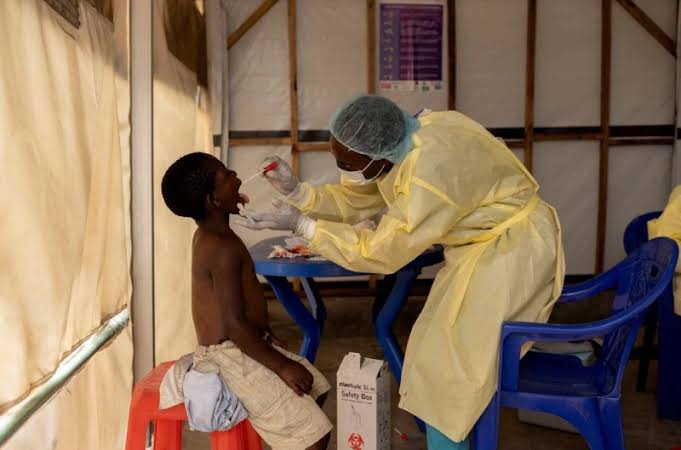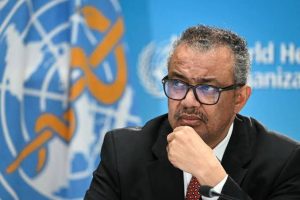
The World Health Organization (WHO) has declared a global public health emergency over the recent outbreak of mpox in the Democratic Republic of Congo (DRC). This marks the second time in two years that the viral infection, also known as monkeypox, has prompted such a severe response from the global health body.
Following a meeting of an emergency committee on Wednesday, WHO Director-General Tedros Adhanom Ghebreyesus confirmed the outbreak’s status as a “public health emergency of international concern” (PHEIC). This designation is the highest level of alert within WHO, intended to accelerate research, funding, and international cooperation to contain the disease.
“The detection and rapid spread of a new clade of mpox in eastern DRC, its detection in neighboring countries that had not previously reported mpox, and the potential for further spread within Africa and beyond is very worrying,” Tedros said in a statement. “It’s clear that a coordinated international response is essential to stop these outbreaks and save lives.”
The outbreak began in Congo with the spread of an endemic strain, known as clade I. However, a newly identified variant, clade Ib, has shown a greater capacity to spread through close contact, including sexual transmission. The virus, typically mild but potentially fatal in rare cases, causes flu-like symptoms and pus-filled lesions on the body.
This new variant has already crossed borders into neighboring countries, including Burundi, Kenya, Rwanda, and Uganda, prompting WHO to take decisive action. Earlier this week, Africa’s top public health body declared an mpox emergency for the continent, citing more than 17,000 suspected cases and over 500 deaths this year alone, primarily among children in Congo.
Professor Dimie Ogoina, chair of WHO’s mpox emergency committee, emphasized the severity of the situation, stating, “All members unanimously agreed that the current upsurge of cases is an extraordinary event.”
In response to the crisis, WHO has released $1.5 million in contingency funds and plans to appeal to donors to raise the initial $15 million needed for their response plan. Tedros reiterated the importance of global cooperation, saying, “The situation demands a united effort to prevent further spread within Africa and beyond.”
While vaccines were instrumental in curbing the global spread of a different mpox strain in 2022, the current outbreak in Congo requires further study to understand transmission routes. WHO has also appealed to countries with vaccine stockpiles to donate doses as efforts continue to identify the most effective vaccination strategies.
“The world must act swiftly to prevent the loss of more lives and to stop the spread of this dangerous virus,” Tedros urged.








